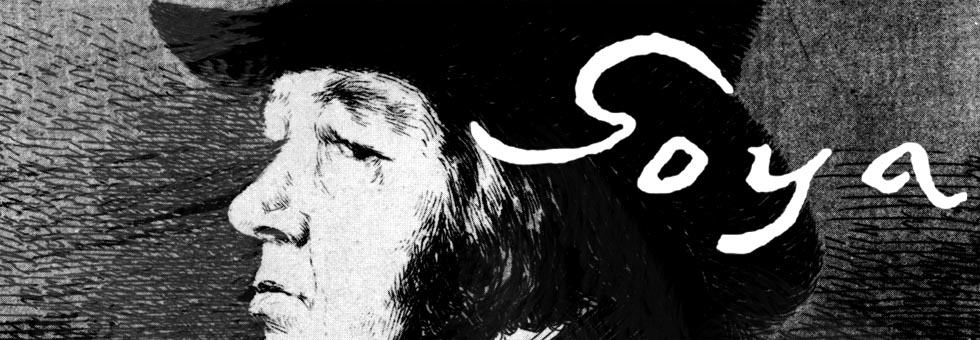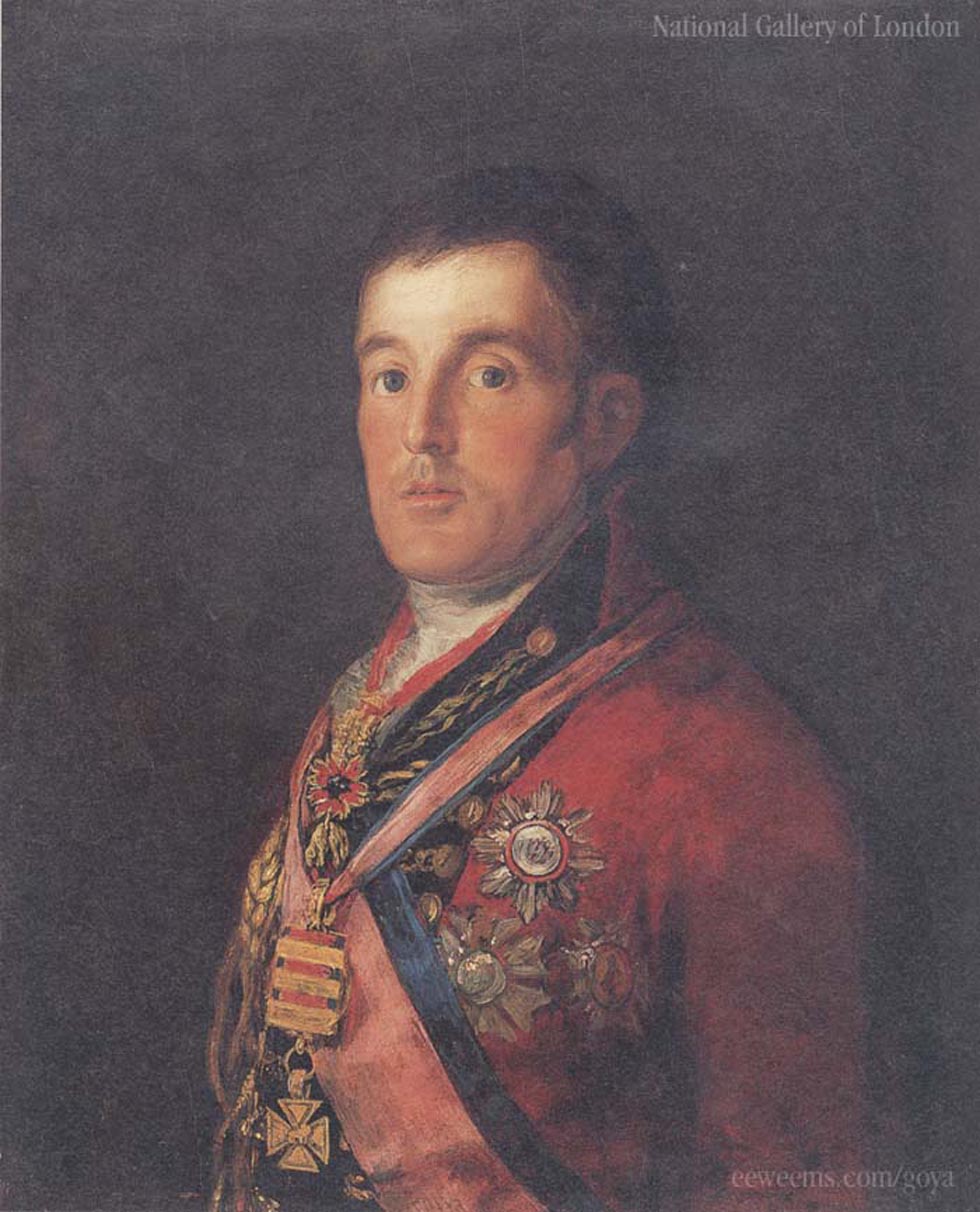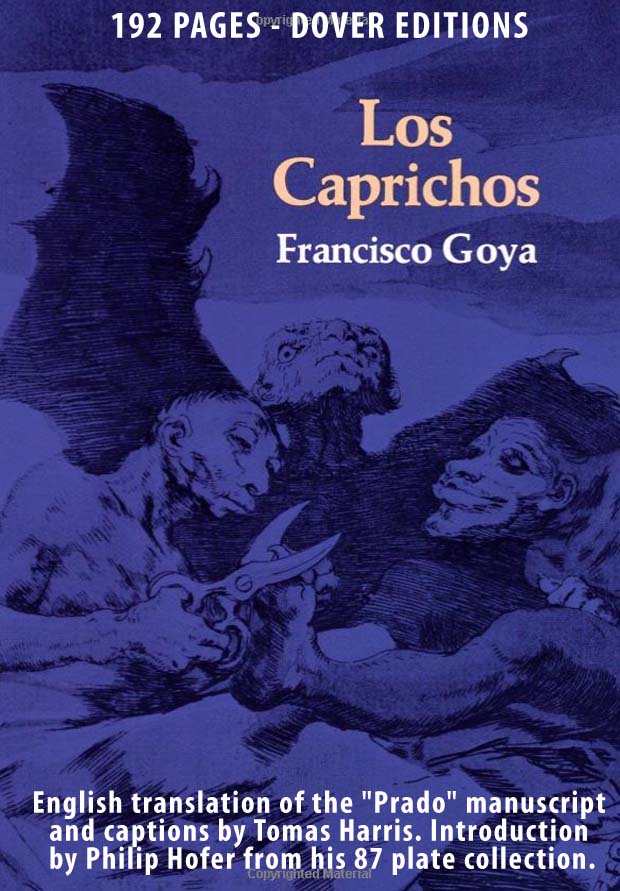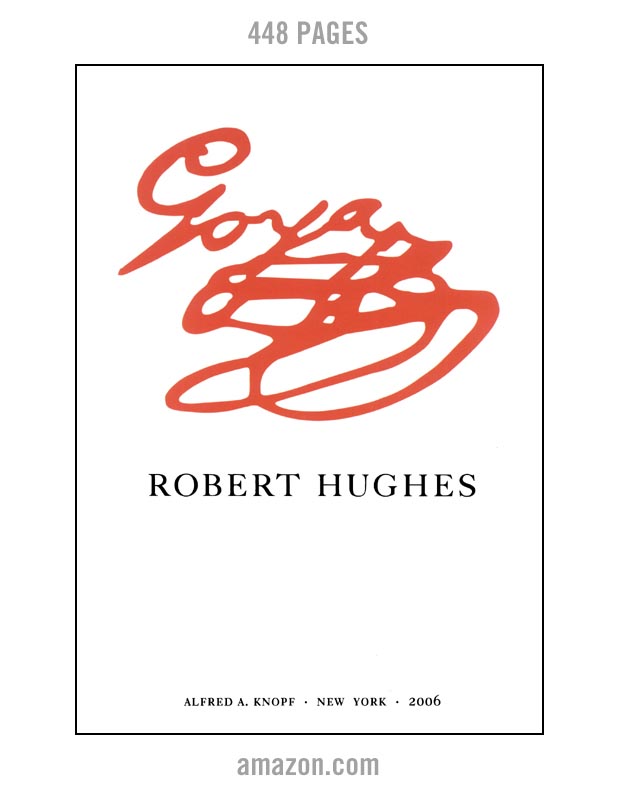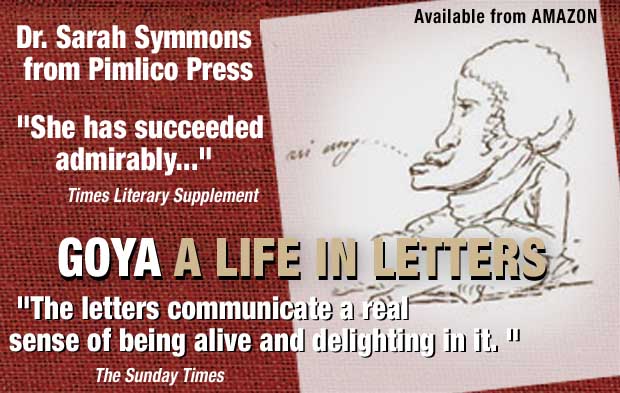The Duke of Wellington
Title: The Duke of Wellington
1812-1814
oil on mahogany panel, 64.3 cm x 52.4 cm
263/8" x 20 5/8"
National Gallery London
"...Wellington insisted on taking the portrait with him on his campaign in the north of Spain, and the picture was framed while still wet, in a frame that was too small. The resulting damage meant that a year or two later he sent it back to Goya for corrections. In addition, depicting the medals and honours that Wellington had accumulated throughout the campaign set Goya an arduous task: the scarlet jacket is thickly encrusted with painted corrections as the artist tried valiently to keep up with their number and type. Eventually, however, the portrait ended up with the wrong medals and an incorrect uniform, and Goya subsequently made a drawing of Wellington as a vain peacock."
From Sarah Symmons book Goya
, Phaidon Press, 1998, page 249.
More Goya Art
AMAZON
Goya The Terrible Sublime - Graphic Novel - (Spanish Edition) - Amazon
"From this headlong seizure of life we should not expect a calm and refined art, nor a reflective one. Yet Goya was more than a Nietzschean egoist riding roughshod over the world to assert his supermanhood. He was receptive to all shades of feeling, and it was his extreme sensitivity as well as his muscular temerity that actuated his assaults on the outrageous society of Spain." From Thomas Craven's essay on Goya from MEN OF ART (1931).
"...Loneliness has its limits, for Goya was not a prophet but a painter. If he had not been a painter his attitude to life would have found expression only in preaching or suicide." From Andre Malroux's essay in SATURN: AN ESSAY ON GOYA (1957).
"Goya is always a great artist, often a frightening one...light and shade play upon atrocious horrors." From Charles Baudelaire's essay on Goya from CURIOSITES ESTRANGERS (1842).
"[An] extraordinary mingling of hatred and compassion, despair and sardonic humour, realism and fantasy." From the foreword by Aldous Huxley to THE COMPLETE ETCHINGS OF GOYA (1962).
"His analysis in paint, chalk and ink of mass disaster and human frailty pointed to someone obsessed with the chaos of existence..." From the book on Goya by Sarah Symmons (1998).
"I cannot forgive you for admiring Goya...I find nothing in the least pleasing about his paintings or his etchings..." From a letter to (spanish) Duchess Colonna from the French writer Prosper Merimee (1869).
GOYA : Los Caprichos - Dover Edition - Amazon
